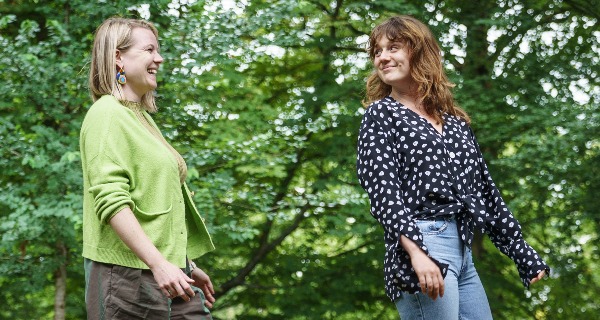Letteren Lounge
Verken met ons de kracht van verschillende perspectieven
Ben je geïnteresseerd in kunst, cultuur, politiek, geschiedenis of media? Ontdek de Letteren Lounge met lezingen, podcasts, filmavonden, cursussen en verhalen voor iedereen uit de stad en omgeving.
Agenda
-
Studium Generale | Clever Girl - Jurassic Park20:00 - 21:30 Aula, Academy Building, Broerstraat 5, Groningen
-
Bulgarian Cinema | College Tour: Film Director Kamen Kalev18:00 - 21:30 Marie Loke Room, Harmonie Building, Oude Kijk in 't Jatstraat 26, Groningen
-
Cinema Politica: Our Bodies are Your Battlefield20:30 - 22:00 USVA, 10 Munnekeholm, Groningen
-
Doc Screening |The Lions by the River Tigris18:50 - 21:05 Forum, Nieuwe Markt 1, Groningen
The Language of Hip Hop met dr. Steven Gilbers







